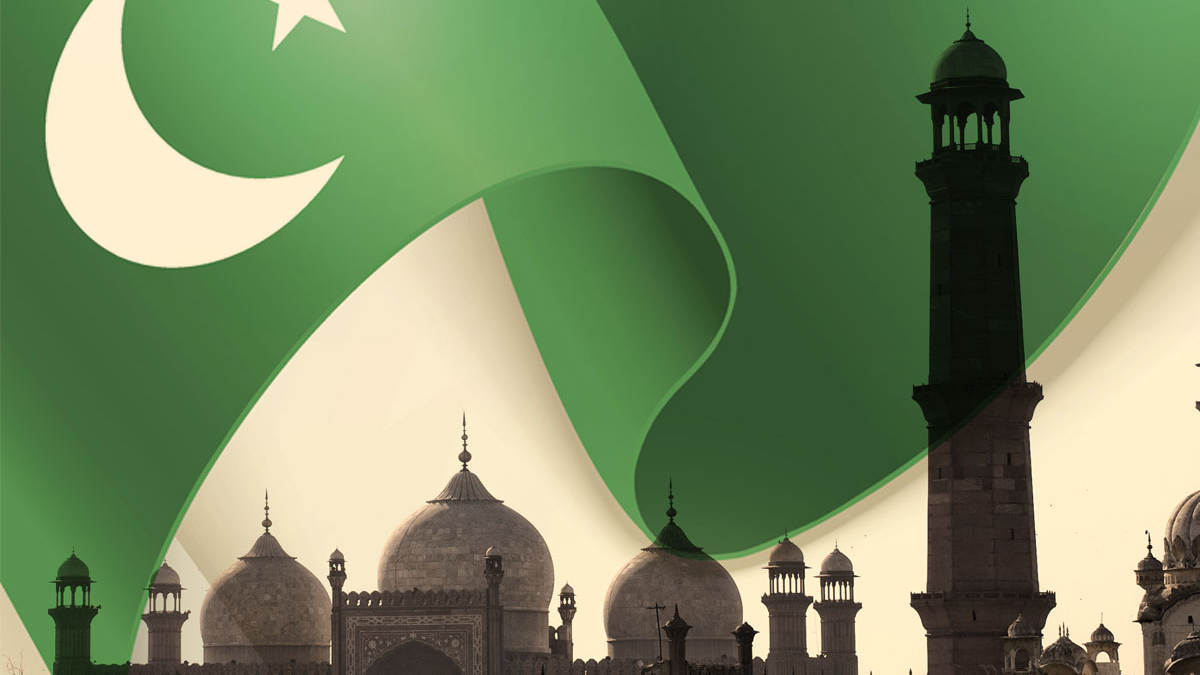From Taliban Sanctions to Counterterrorism; Pakistan at the Heart of UNSC’s Power Politics
DIDPress: ORF (Observer Research Foundation) argues While the Taliban seeks to engage with both sides, China’s strategic partnership with Pakistan and its growing willingness to cooperate with Kabul have complicated matters for India.

Pakistan’s new positions at the United Nations Security Council (UNSC) have presented a fresh diplomatic challenge to India’s efforts in combating terrorism.
On June 5, Pakistani Prime Minister Shehbaz Sharif announced that Islamabad has been appointed as chair and co-chair of two key UN Security Council committees: the Taliban Sanctions Committee, established under Resolution 1988, and the Counter-Terrorism Committee, which oversees the implementation of Resolution 1373—adopted following the September 11 attacks.
Additionally, Pakistan has been entrusted with leadership roles in two working groups: one in collaboration with Denmark focusing on documentation and procedural matters, and another newly formed group with Greece tasked with evaluating the effectiveness of UN sanctions. Pakistan is also scheduled to assume the presidency of the Security Council next month.
Having been elected as a non-permanent member of the Security Council in June last year, Pakistan began its term on January 1, 2025, which will continue until December 31, 2026. This marks Pakistan’s eighth term on the Council. Munir Akram, Pakistan’s Permanent Representative to the UN, reaffirmed the country’s commitment to using the platform to spotlight the Kashmir issue and counter the negative impacts of terrorism.
Although relations between Kabul and Islamabad had significantly deteriorated in recent months, both sides have now agreed to upgrade their diplomatic ties to ambassadorial level. This development followed an informal trilateral meeting involving the foreign ministers of Pakistan, Afghanistan, and China—further reshaping the region’s dynamics.
Despite ongoing tensions between India and Pakistan, the two neighboring countries have maintained communication channels. However, the Taliban’s balancing act between the two rivals, coupled with China’s strategic closeness to Pakistan and its growing engagement with Kabul, has created additional diplomatic complexities for India.
There is also a strong alignment between Islamabad and Beijing in opposing India at the Security Council and other international forums. Pakistan is expected to use its position to promote allegations against India for supporting terrorist activities on Pakistani soil—particularly those involving Baloch insurgent groups.
Islamabad has further sought to shift blame for the actions of Tehrik-i-Taliban Pakistan (TTP) onto Afghanistan and India. While these committee roles do not grant Pakistan direct powers, they provide a platform to raise issues aligned with its national interests and distract from India’s security concerns. Moreover, Pakistan remains firmly opposed to India’s aspirations for permanent membership in the Security Council.